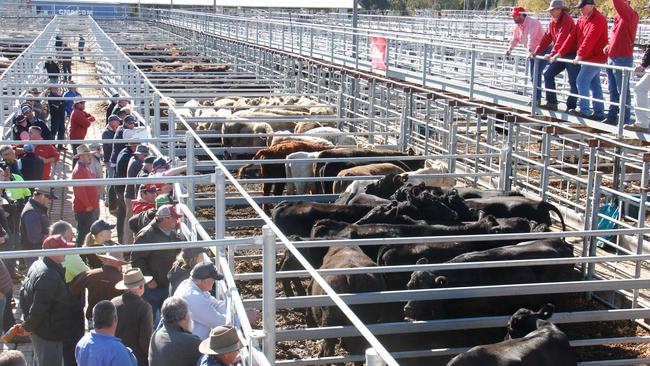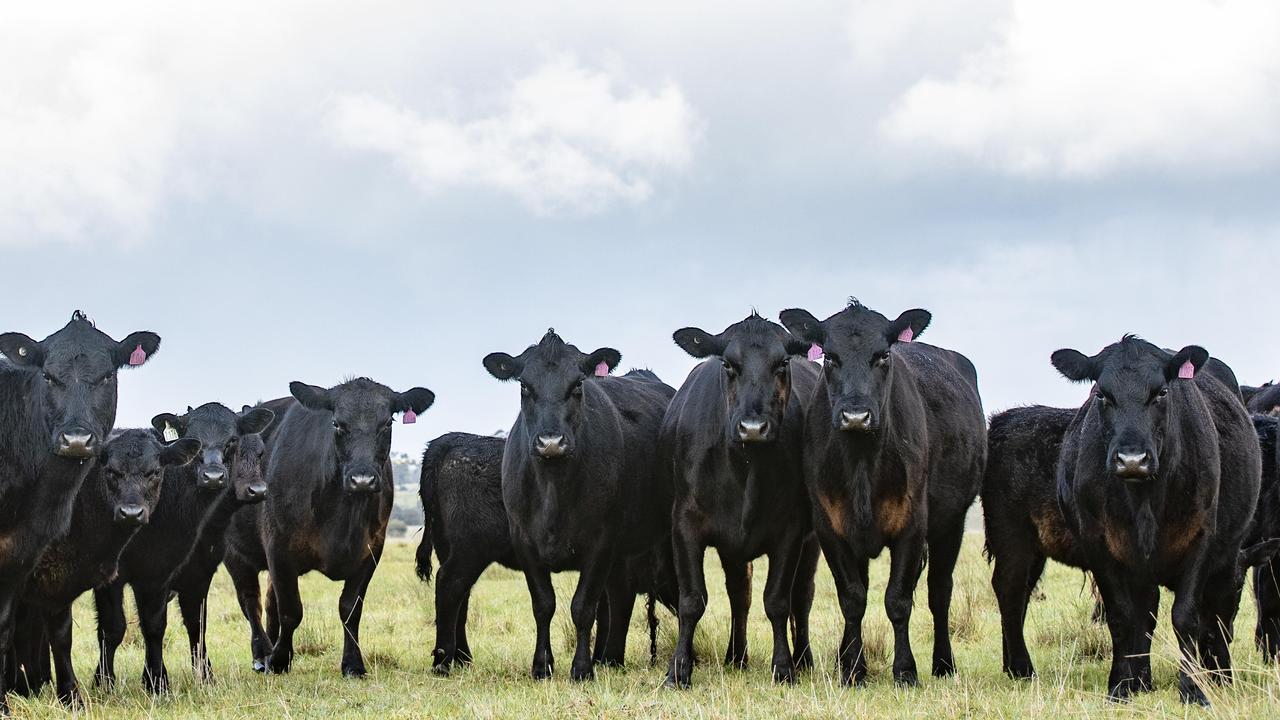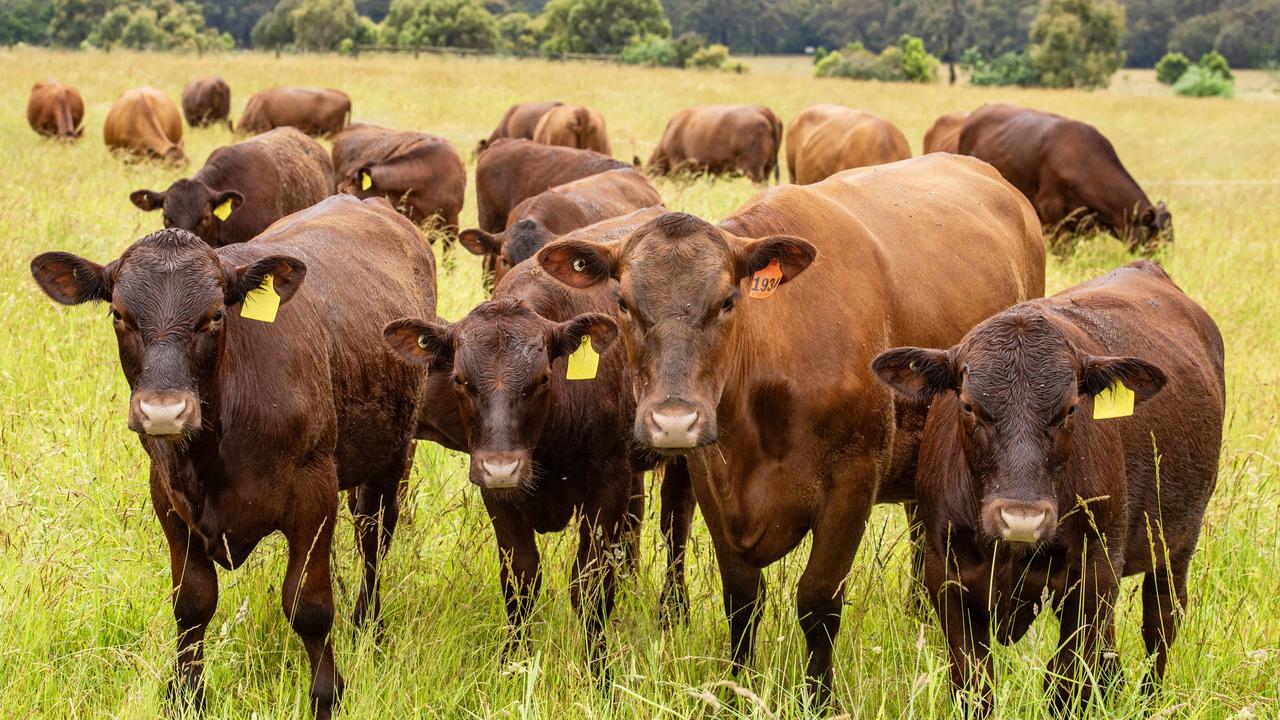No decision on future of Swan Hill saleyards: But consultants say they’re ‘not financially viable’
The Swan Hill saleyards have been deemed unviable. But the local mayor says no decision has been made on their future.

Swan Hill shire is calling for community feedback on the future of its local sheep and cattle sale yards, after a council-commissioned consultant declared the facility was unviable.
Outcross Agri-Services consultants’ report states the Swan Hill Rural Livestock Exchange was “not financially viable” and ran at a $323,789 loss last financial year.
But the council’s own budget shows farmers contributed $15.8 million in rates this year to the Swan Hill Rural City Council, equal to about 45 per cent of its annual rates revenue.
Ouyen cattle and grain producer Leonard Vallance, who lives outside the shire, said farmers from across the Mallee and into NSW not only used the yards, but poured money into the town.
“Perhaps farmers should boycott the township of Swan Hill during the month of May, when they’re cropping (sowing),” Mr Vallance said. “For us in May that would be $200,000.”
The consultants, Tom Newsome and Katie Barnett, “recommend that SHRCC approach agents to lease the facility. If a suitable lease arrangement cannot be negotiated, we recommend closing the facility”.
In regard to closure the consultants also state: “due to the poor financial prospects of the business, we expect that a private operator would be unlikely to purchase or lease the facility for the purpose of operating livestock sales.
“The only entity that may consider leasing the facility would be the current Livestock Agents operating at the site.”
Swan Hill mayor Stuart King said, despite the rumours being spread through social media, “no decision has been made” on the future of the yards and council was obligated to regularly review the infrastructure and services it ran, using the community’s funds.
He said council had already decided to extend the four week public consultation period on the future of the yards until Wednesday of next week, given more than 100 submissions had already been lodged and others wanted more time.
As far as the consultants’ report goes, Mr King said the yards “may not be viable as a stand alone business model” but a level of government support had to be considered.
He said the Swan Hill Pioneer Settlement was in a similar situation, with council expected to inject $1.5m in the new financial year, given it could not survive as a stand alone private business.
Victorian Farmers Federation president and Quambatook farmer Brett Hosking, like other farmers, had heard from agents that the council was keen to sell the yards, which sit on prime commercial land on the edge of town.
But he said there were a lot of long-term implications that needed to be considered if closure was on the cards, such as “what happens to the cattle wash, which is essential for biosecurity management”.




